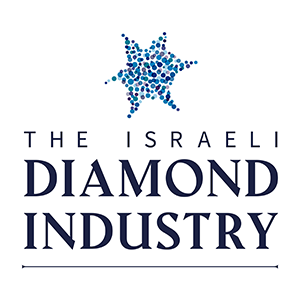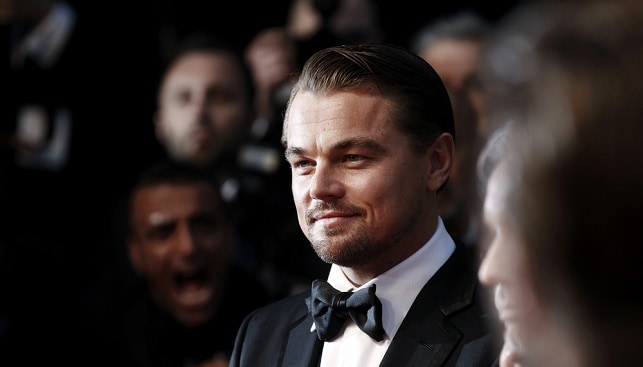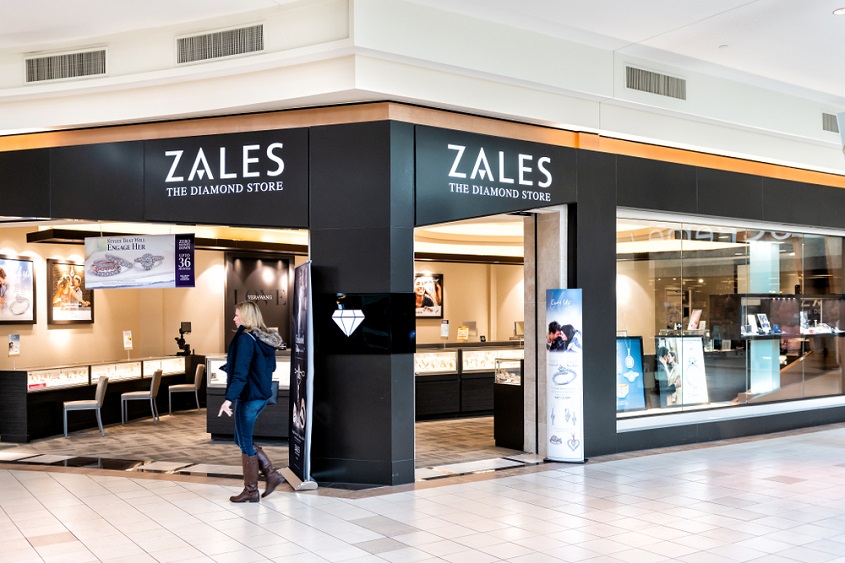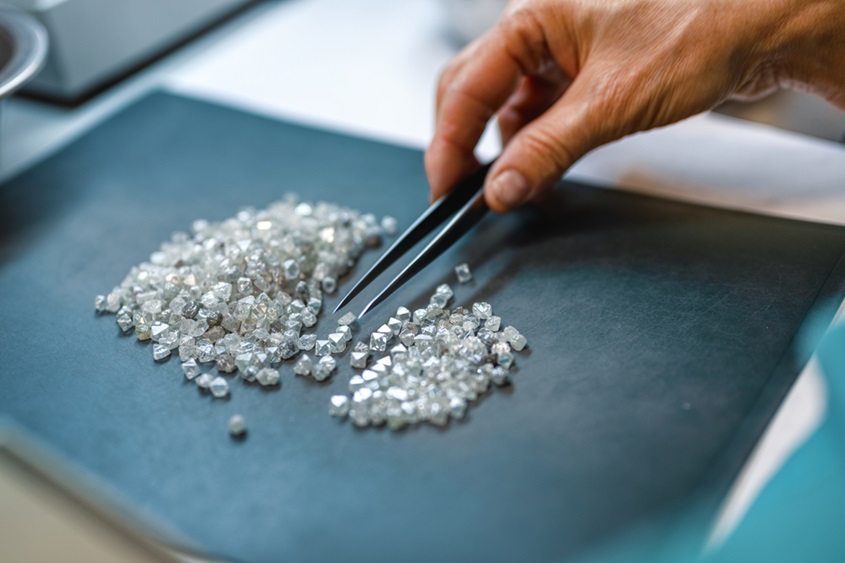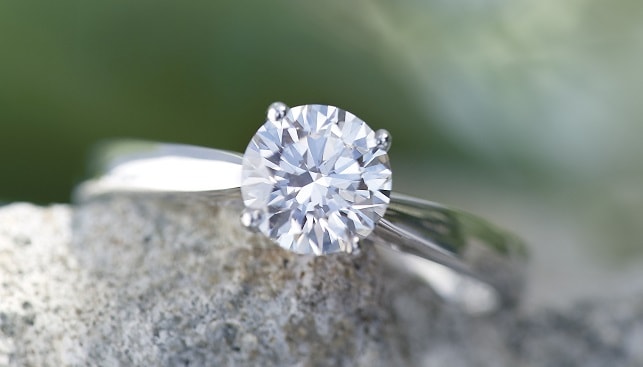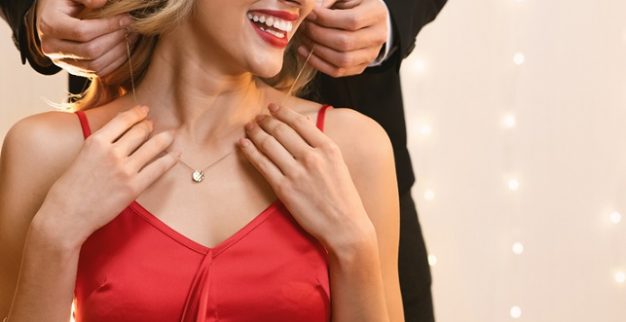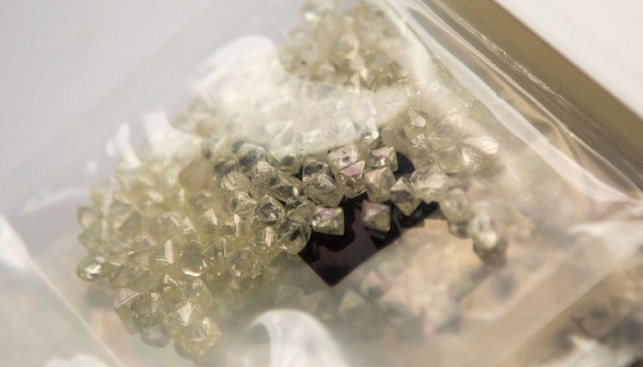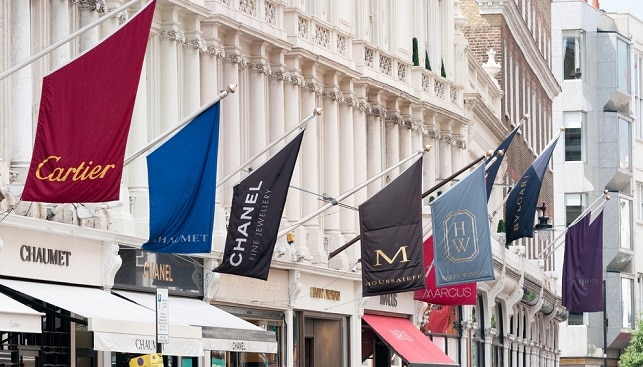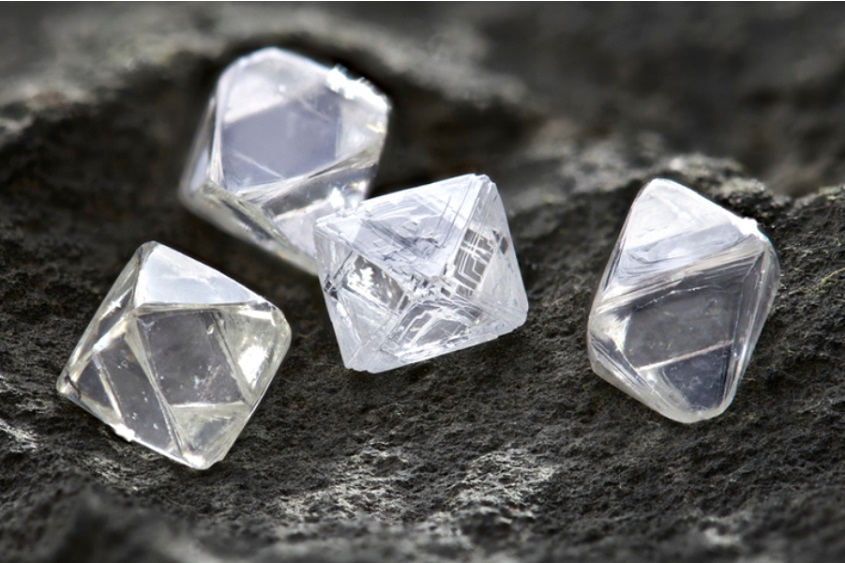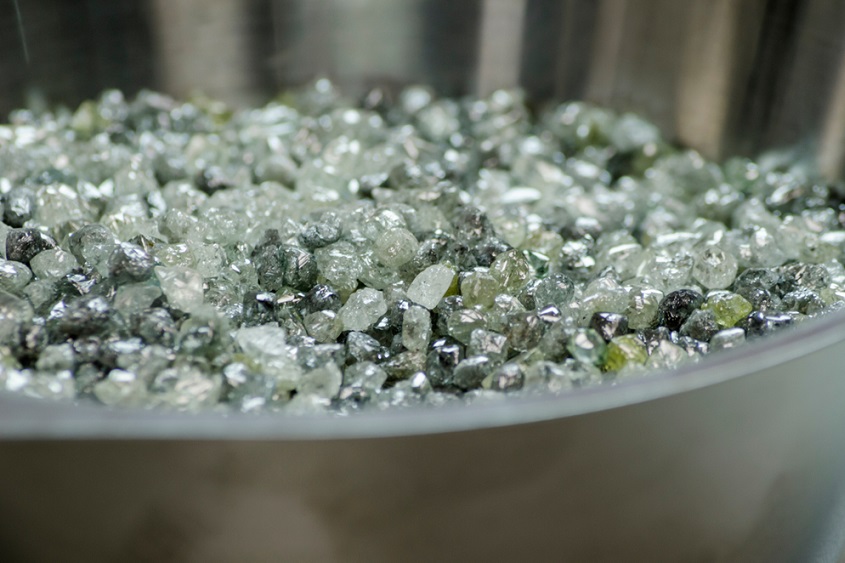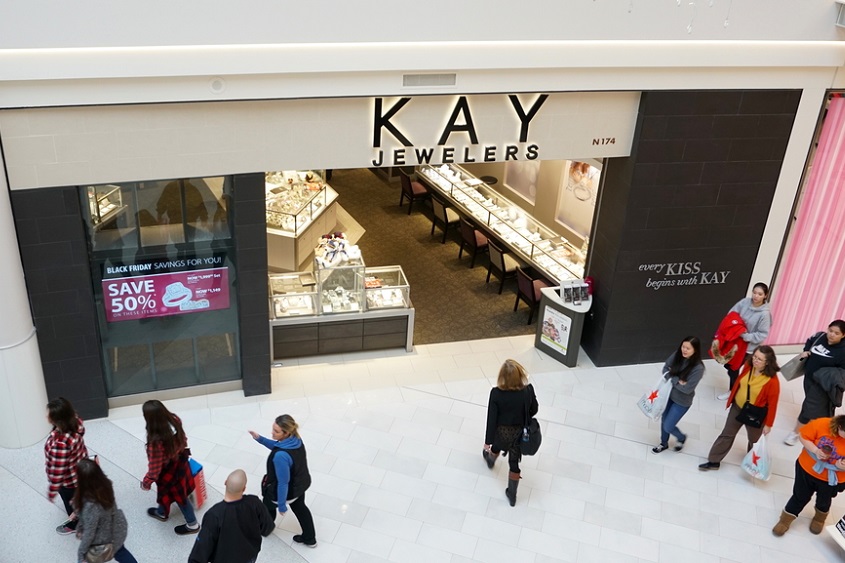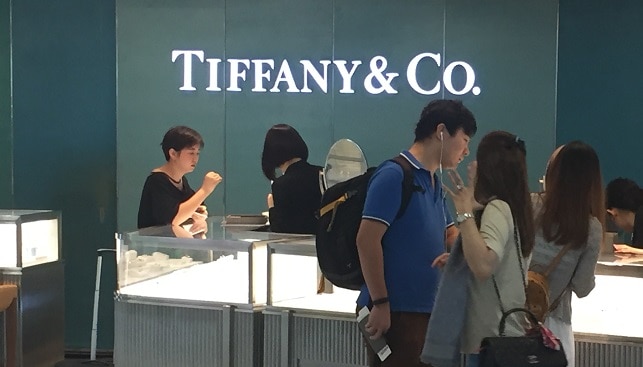Earlier this month, the US Federal Trade Commission (FTC) sent warning letters to eight US companies, insisting that they distinguish in their advertisements between natural diamonds and lab-grown diamonds. One of these eight companies, Diamond Foundry, is a California company that makes lab-grown diamonds and boasts star Leonardo DiCaprio as an investor.
Issues of Transparency
According to the FTC, it had found cases where the eight companies advertised diamond jewellery “without clearly and conspicuously disclosing that the diamonds are laboratory-created,” according to the letter. The FTC also asked the companies to review the use of “eco-friendly” or similar terms to describe diamonds made in a laboratory, writing: “It is highly unlikely that they can substantiate all reasonable interpretations of these claims”.
In a Mining Weekly report, Diamond Foundry’s CEO Martin Roscheisen reacted by saying: “We pride ourselves on being a lab grown diamond producer and this point of differentiation is what our success is built on”. Ada Diamonds, another lab-grown diamond company which received a letter from the FTC, had a different response, telling Yahoo Finance that they thought it was “fantastic that the FTC has clarified their position”.
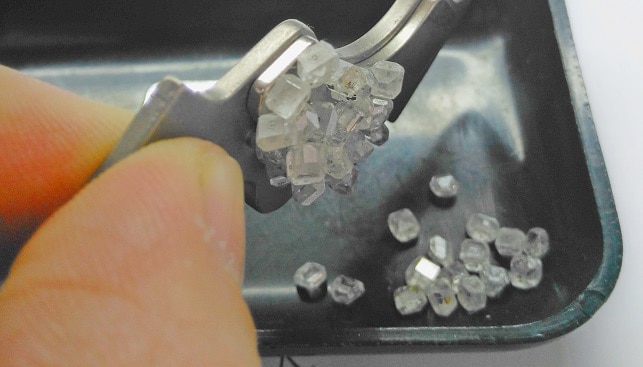
The Diamond Producers Association (DPA), which represents the biggest diamond companies in the world, among them De Beers, Rio Tinto and Alrosa , said that it welcomes the FTC insistence on distinguishing between the stones. DPA’s CEO Jean-Marc Lieberherr said: “The DPA has for several months expressed serious concerns about misleading marketing communication and unsubstantiated eco claims coming from many laboratory grown diamond marketers”. According to Mining Weekly, De Beers also claimed it was pleased by the move, saying that natural and lab-grow diamonds were “distinct product categories”.
The FTC Stance on Lab-Grown Diamonds
In July 2018, the FTC updated its Guides for the Jewelry, Precious Metals, and Pewter Industries. The updated guides gave marketers detailed information “about how to make non-deceptive claims about their products – including jewelry made with mined, laboratory-created, and simulated diamonds”.
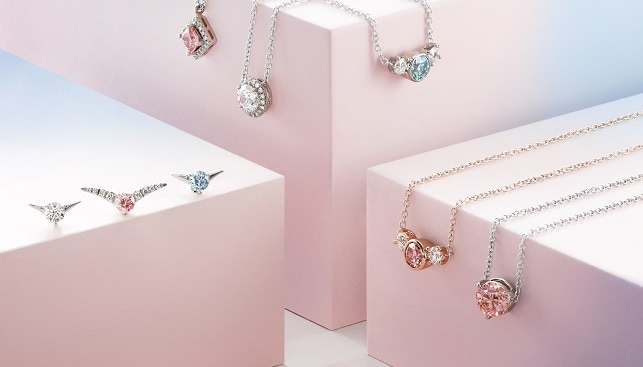
For instance, the FTC says it is unfair or deceptive to use the word “ruby,” “sapphire,” “emerald,” “topaz,” or the name of any other precious or semi-precious stone, or the word “stone,” “birthstone,” “gem,” “gemstone” to describe lab-grown diamonds, unless the word is immediately preceded with equal conspicuousness by the word “laboratory-grown” “laboratory-created” and the like.
The FTC says that the updated jewellery guides also apply in social media advertising, and that some of the letters it sent “expressly cite things the companies have said about their products on Instagram, Facebook, Twitter, etc.” Some ads, the FTC said, showed pictures that appear to be diamond jewelry or use the word “diamond” without disclosing that it was lab-grown.
